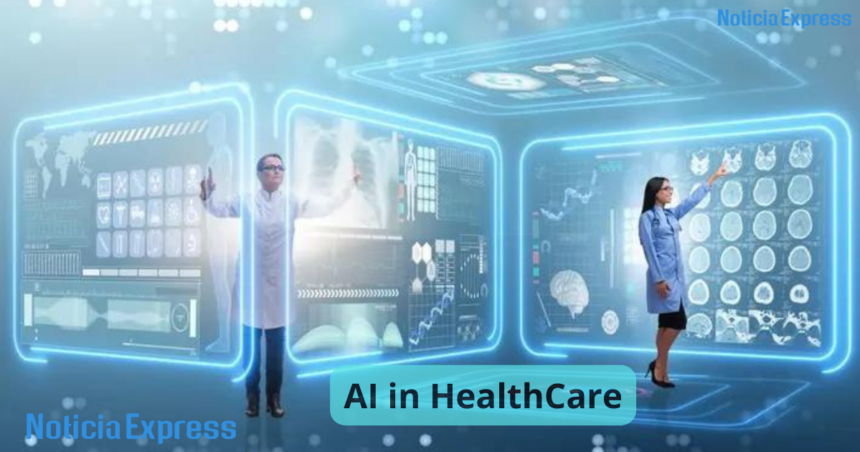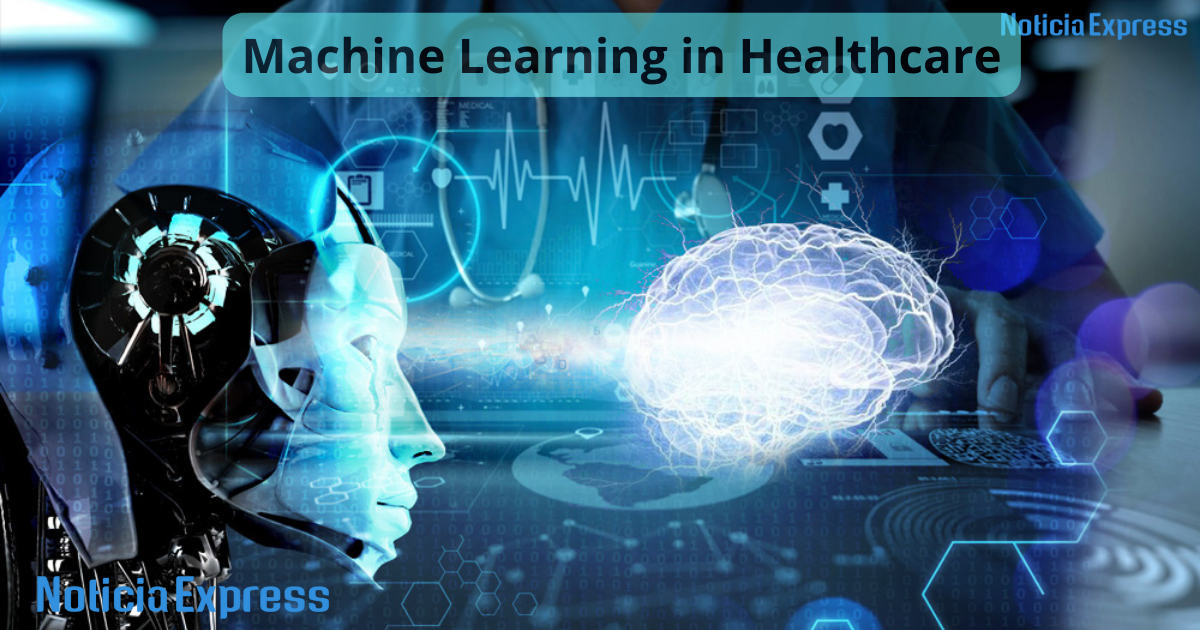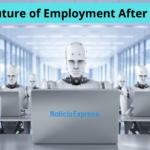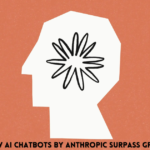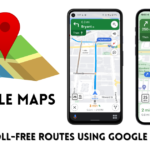AI in Healthcare: Revolutionizing Patient Care and Medical Practices
The integration of Artificial Intelligence (AI) into healthcare has ushered in a new era, fundamentally transforming how medical professionals approach patient care, diagnosis, and treatment. The impact of AI in healthcare extends far beyond mere technological advancement; it represents a paradigm shift that holds the promise of improving medical outcomes, enhancing efficiency, and delivering personalized care on an unprecedented scale.
The Transformative Impact of AI in Healthcare
AI’s role in healthcare goes beyond incremental improvements; it is a revolutionary force reshaping the very foundations of the medical field. By leveraging AI, healthcare systems worldwide are becoming smarter, faster, and more efficient. The technology’s ability to swiftly analyze extensive clinical documentation has empowered medical professionals to identify intricate disease markers and trends that may have eluded traditional methods. From early detection in radiological images to predicting outcomes based on electronic health records, AI in healthcare is a catalyst for enhanced patient care.
Pioneering Steps with IBM’s Watson
The narrative of AI in healthcare finds its roots in the groundbreaking efforts of IBM’s Watson. Initially designed for accurate and rapid question answering, Watson evolved into a healthcare-specific version in 2011. This version focused on natural language processing, a pivotal technology for deciphering and interpreting human communication in the medical context. Today, major tech players such as Apple, Microsoft, and Amazon are actively investing in AI technologies, amplifying the impact of AI in healthcare.
Machine Learning: Revolutionizing Diagnoses and Treatments
Machine Learning, a promin
ent subset of AI stands at the forefront of innovation in healthcare. Its broad application extends from processing vast clinical data to identifying intricate patterns and predicting medical outcomes with unparalleled accuracy. Machine learning algorithms are transforming the landscape, from analyzing patient records and medical imaging to the discovery of new therapeutic interventions. Precision medicine, a noteworthy application of traditional machine learning, represents a paradigm shift in tailoring treatment procedures based on individual patient characteristics.
Navigating Healthcare with Natural Language Processing
Natural Language Processing (NLP), another facet of AI, is redefining healthcare applications by enabling computers to interpret and use human language. In healthcare, N
LP is instrumental in accurately diagnosing illnesses by extracting crucial information from health data. Its application extends to identifying relevant treatments, predicting potential health risks based on historical data, and streamlining complex clinical processes. The evolving sophistication of NLP positions it as an indispensable tool in the modern healthcare industry.
Rule-Based Expert Systems’ Evolution into Machine Learning
The historical evolution of AI in healthcare witnessed the dominance of rule-based expert systems in the 80s. However, the contemporary landscape sees machine learning gradually replacing these systems. The interpretive power of machine learning, driven by proprietary medical algorithms, offers a more flexible and efficient solution for diagnosis and treatment applications. This transition, though marked by integration challenges, signals a shift towards a data-driven approach.
Administrative Efficiency with AI
Beyond clinical applications, AI is making significant inroads into transforming healthcare administration. Mundane tasks such as data entry, claims processing, and appointment scheduling are being automated, freeing up valuable time for medical professionals and healthcare organizations. The potential to reduce human errors, coupled with enhanced efficiency in reviewing health records and medical imaging, positions AI as a catalyst for improved patient care and streamlined revenue cycle management.
Challenges and Considerations in AI Healthcare
While the promise of AI in healthcare is vast, it is not without challenges. Ethical and regulatory considerations, such as data privacy, patient safety, and algorithm training, must be navigated carefully. Integrating AI seamlessly with existing IT systems, gaining trust from medical professionals, and ensuring compliance with stringent regulations are pivotal for successful adoption.
The Future: AI’s Role in Transforming Healthcare Practices
As the capabilities of AI in healthcare continue to burgeon, the future holds even more promising prospects. Deep learning AI, with its ability to interpret large datasets, is poised to accelerate disease detection, provide personalized treatment plans, and automate critical processes like drug discovery and diagnostics. The overarching goal is to enhance patient outcomes, bolster safety, and reduce costs associated with healthcare delivery.
Embracing a Future of Possibilities
The bright future of AI in healthcare lies in its potential to foster innovation, improve health outcomes, and elevate patient experiences. In an increasingly connected digital world, AI is positioned to become an indispensable asset, reshaping how doctors approach patient care and medical practices. The challenge ahead is not merely the technological capability of AI; it is the seamless integration into daily clinical practice. Embracing AI in healthcare promises a future where medical professionals work collaboratively with AI, harnessing its full potential to deliver quality care and usher in a new era of medical excellence.
Related Post:



